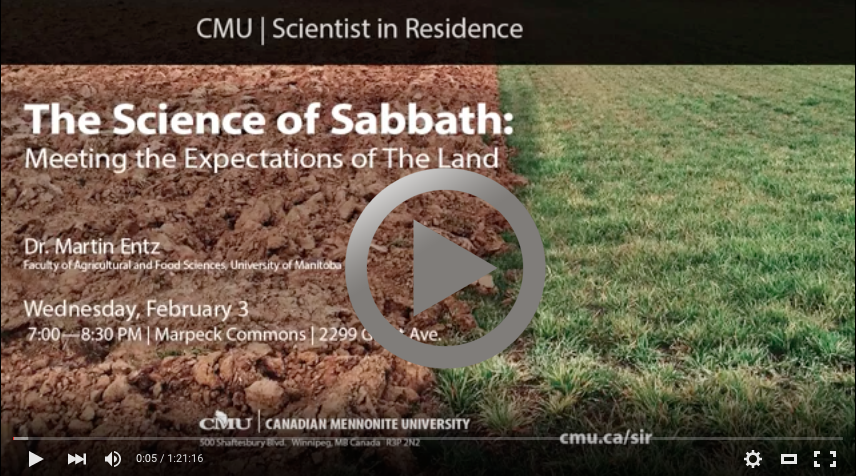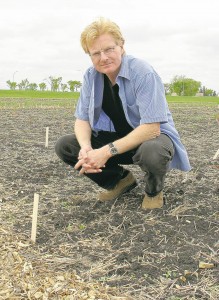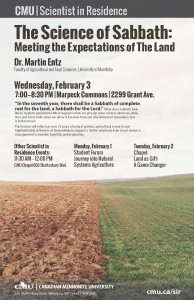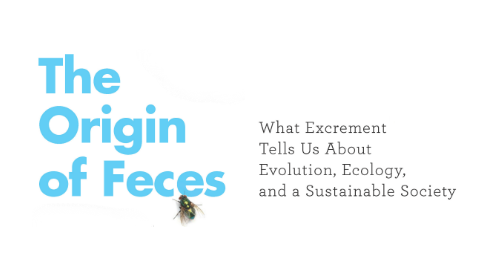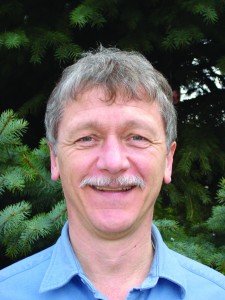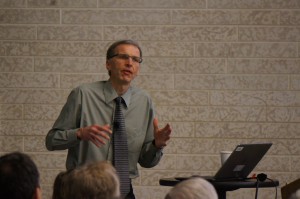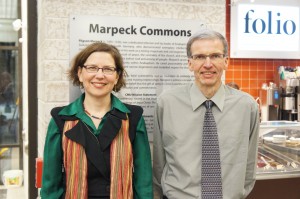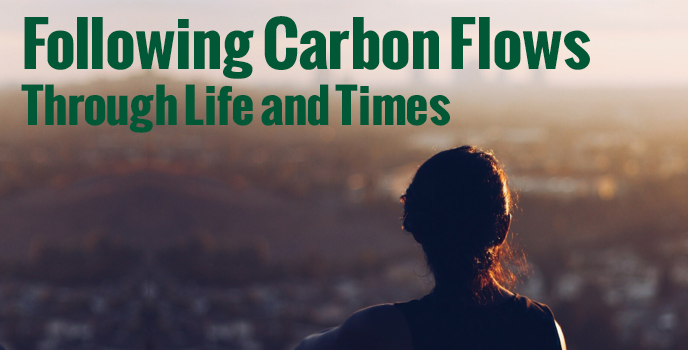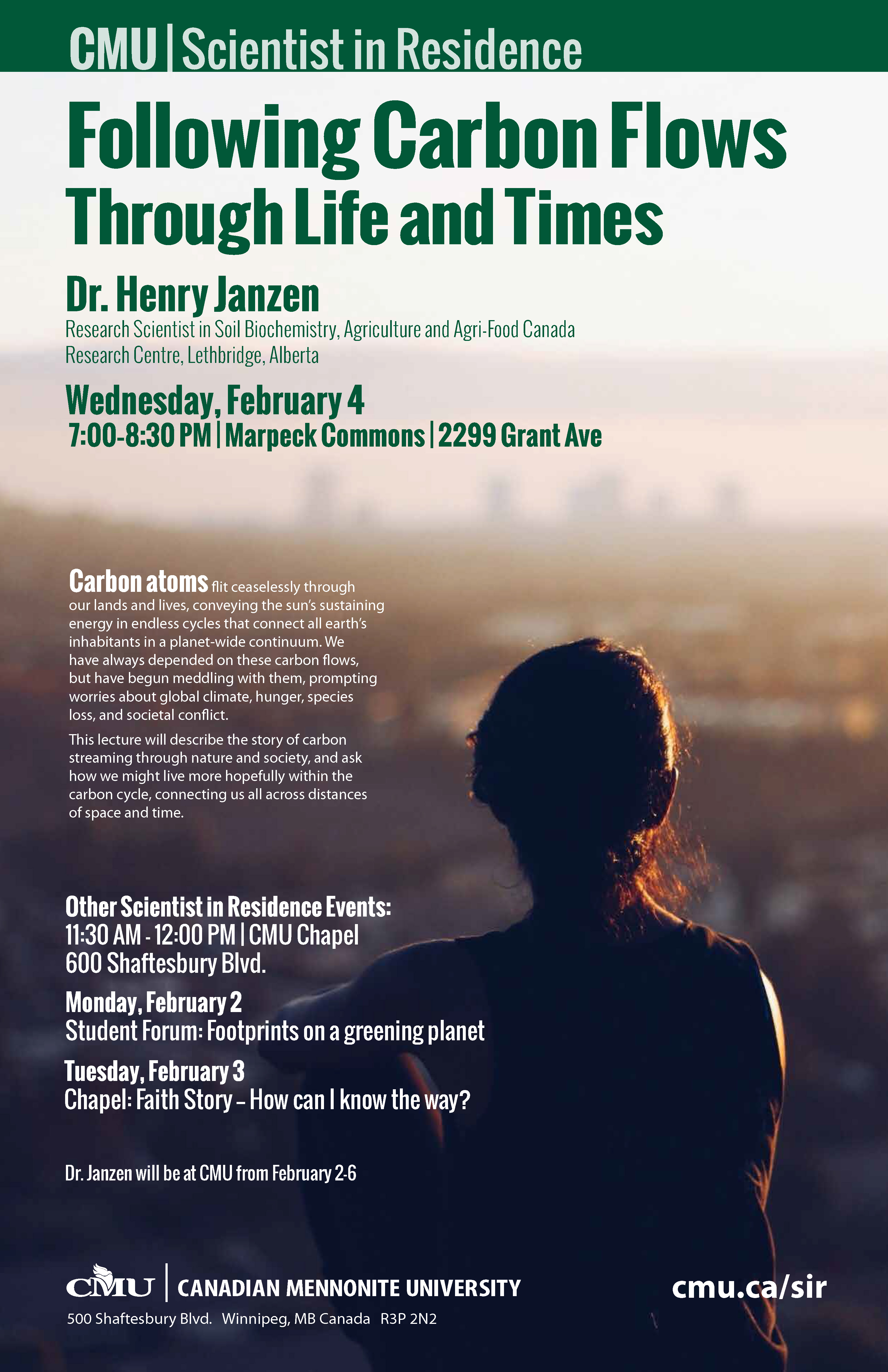
Named to TIME magazine’s 100 Most Influential People in the World list for 2014, Dr. Katharine Hayhoe is an atmospheric scientist who studies climate change, one of the most pressing issues facing humanity today. But Hayhoe may be best-known to many people because of how she’s bridging the broad, deep gap between scientists and some Christians—work she does in part because she’s a Christian herself.
Together with her husband Andrew Farley, a professor of applied linguistics, pastor of Church without Religion, and best-selling author, Hayhoe wrote A Climate for Change: Global Warming Facts for Faith-Based Decisions, a book that untangles the complex science and tackles many long-held misconceptions about global warming. Her work as a climate change evangelist has been featured on the Emmy award-winning documentary series “Years of Living Dangerously” and “The Secret Life of Scientists and Engineers.”
Hayhoe is a professor at Texas Tech University, and the director of its Climate Science Center. She has a BSc in Physics from the University of Toronto and an MS and PhD in Atmospheric Science from the University of Illinois. Hayhoe is currently serving as lead author for the upcoming Fourth U.S. National Climate Assessment and producing her new PBS Digital Studios short series, Global Weirding: Climate, Politics and Religion (see the Global Weirding Facebook page for more on the series).
January 30 | Student Forum
Science in a Post-Truth World: A Climate Scientist’s Perspective
In public discourse today, opinions often overwhelm facts. Both science and faith, however, are based on immutable truths. The reality of God doesn’t depend on whether we believe in Him or not—and if we step off a cliff, we’re going down, regardless of our opinion on gravity.
How can we be “salt and light” in a world that rejects the existence of unchanging truth? Join Dr. Hayhoe as she shares from her experiences from the field of climate science.
[youtube]http://www.youtube.com/watch?v=YSTDIvn63ZU[/youtube]
January 31 | Chapel
Listening to God’s Creation: A Faith Story
When we listen to God’s creation, what is it telling us?
Join Dr. Hayhoe as she shares what we know about our planet today, and reflects on a Christian response to the responsibility we’ve been given to care for it.
[youtube]https://www.youtube.com/watch?v=zBU5FvWMH0c[/youtube]
February 1 | Public Lecture
Talking Climate: Why Facts are Not Enough
Is climate really changing? Are humans responsible, or is this just a natural cycle like we’ve seen before? And even if it is warming, who cares—wouldn’t we all prefer a little less snow?
Join Dr. Hayhoe as she discusses the compelling science behind a changing climate, describes the innovative solutions that are already being implemented today, and explores the importance of connecting our hearts to our heads when it comes to caring about the impacts of a changing climate on this planet and the people who live on it.
[youtube]https://youtu.be/GR-DVKgRaHk?t=4m44s[/youtube]

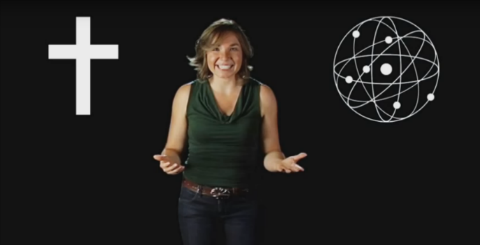
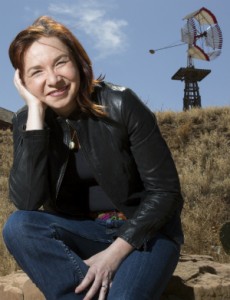
![2017_01.SIR.poster.finalproof.wifi[1]](http://www.cmu.ca/media_archive/wp-content/uploads/2017/01/2017_01.SIR_.poster.finalproof.wifi1_-194x300.jpg)
